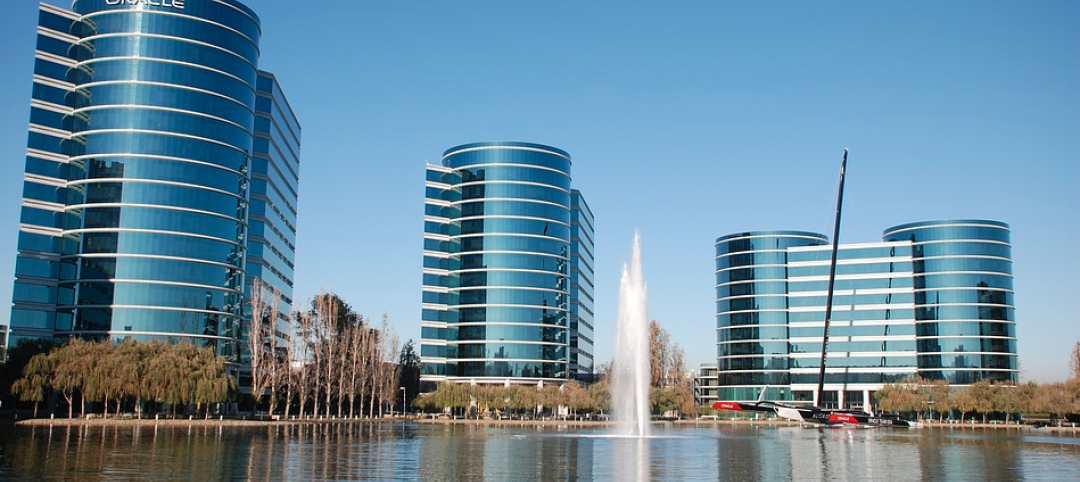Construction employment climbed by 110,000 in March as the industry recovered from severe winter weather that pushed employment down by 56,000 in February, according to an analysis by the Associated General Contractors of America of government data released today. Association officials said they were encouraged by the recent job gains and the potential for new infrastructure investments. But they cautioned that rising prices and erratic delivery schedules for key construction materials—as documented in their recent Construction Inflation Alert–and continued project cancellations could undermine the sector’s recovery.
“The rebound in March is certainly good news, but contractors face growing challenges that imperil further growth in nonresidential employment,” said Ken Simonson, the association’s chief economist. “In fact, industry job gains in the first quarter of 2021 as a whole have slowed sharply from the second half of 2020.”
Construction employment in March totaled 7,466,000, which was 182,000 employees or 2.4% below the most recent peak in February 2020. Over the past three months, the industry added 66,000 jobs, an average of 22,000 per month. In contrast, construction employment increased more than three times as fast from June to December last year, with an average gain of 76,000 jobs per month, the economist noted.
Nonresidential construction is experiencing headwinds from postponed and canceled projects, steep increases in materials costs, and lengthening delivery times. Simonson pointed out that the nonresidential sector—comprising nonresidential building, specialty trades, and heavy and civil engineering contractors—remains 231,000 jobs or 4.9% shy of the pre-pandemic peak set in February 2020, whereas employment among residential building and specialty trade contractors is 49,000 or 1.6% above the February level.
Unemployment in construction remains elevated. A total of 835,000 former construction workers were unemployed in March, up from 658,000 a year earlier and the highest for March since 2014. The industry’s unemployment rate in March was 8.6%, compared to 6.9% in March 2020.
Association officials said the best way to ensure continued construction job gains was for Congress to act on the President’s infrastructure funding recommendations without the tax and regulatory additions that would imperil broader economic growth. They also continued to call for the removal of tariffs on key construction materials and federal measures to address port and shipping backups.
“It will take more than nice weather for the construction industry to keep adding jobs this year,” said Stephen E. Sandherr, the association’s chief executive officer. “Investing in infrastructure, avoiding needless new regulations and counterproductive tax hikes, and fixing the supply chain will help the industry create many more high-paying construction career opportunities over the coming months.”
View the Construction Inflation Alert.
Related Stories
Codes and Standards | Jun 12, 2018
Congestion pricing for cars is effective in reducing traffic, but a difficult sell
After three years, traffic congestion declined by 30% in London.
Codes and Standards | Jun 11, 2018
First RFP requiring modular construction on New York City housing project issued
Part of Housing 2.0 modular construction initiative.
Codes and Standards | Jun 6, 2018
Buffalo, N.Y., contractor exec pleads guilty to fraud for bid rigging on $750 million contract
LPCiminelli stops functioning as GC in fallout from the case.
Codes and Standards | Jun 6, 2018
LEED should be updated to combat climate change
Hasn’t kept pace with urgency of problem, says clean energy investor.
Codes and Standards | Jun 5, 2018
Sports stadiums and arenas showcase sustainability features
Green venues save owners money, gain positive publicity.
Codes and Standards | Jun 4, 2018
L.A. must transition to cleaner energy, boost transit to reach sustainability goals
City aims to reduce GHGs 60% by 2035 and 80% by 2050.
Codes and Standards | Jun 4, 2018
Washington D.C.’s flattened skyline can be a virtue
Zoning ordinance that ties building heights to width of streets dictates form.
Codes and Standards | May 30, 2018
Silicon Valley cities considering taxes aimed at large employers
The aim is to offset the impact on housing costs and homelessness by tech companies.
Codes and Standards | May 30, 2018
OSHA proposes new crane operator safety rule
Would provide long-term clarity on certification requirements.
Codes and Standards | May 29, 2018
Government support helping to drive demand for green building materials
Market projects to grow 12.5% annually between 2013 and 2019.

















